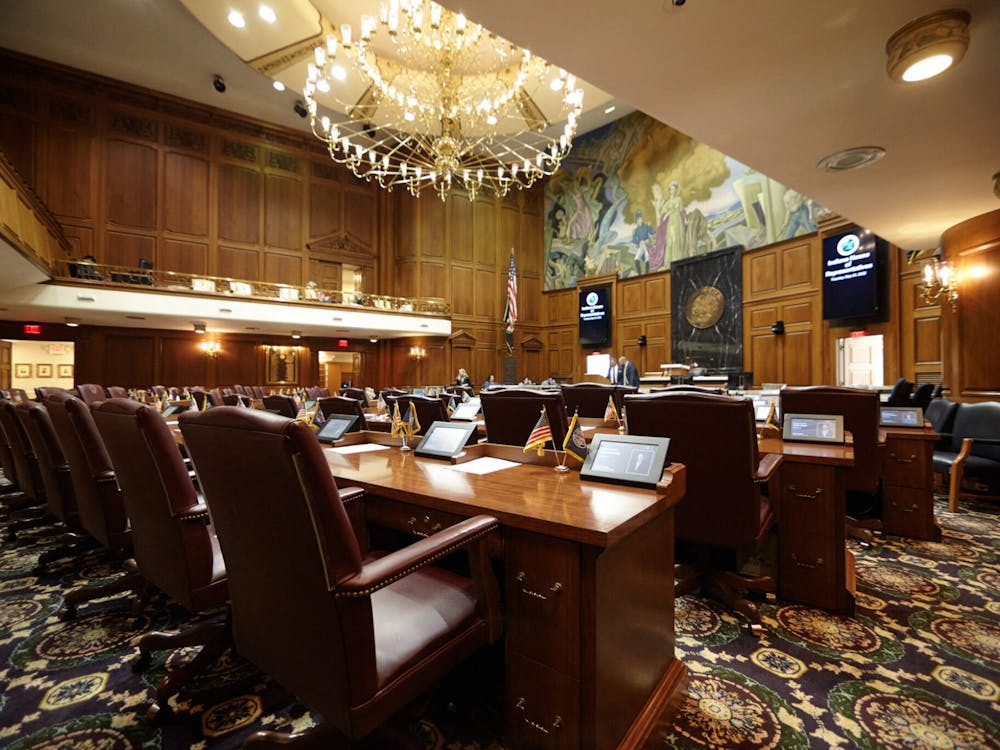A panel made up of international students will talk about current issues and their experiences with immigration in Europe.
The panel, titled Crossing Borders: Immigration in Europe, will be held at 5 p.m. today in Bracken Library Room 104. Some students that will be in the panel are from Romania, France, Turkey and Germany.
The event is co-sponsored by the European Studies Committee, the Department of Political Science, the Department of History and the Department of Modern Languages and Classics.
Eva Weyhofen, a graduate assistant from Germany, said students will present not only their personal experiences, but also basic information based on newspapers and government websites.
She said Gene Frankland, a political science professor who is also director of the European Studies Program, asked her if she would be interested in leading the panel after her presentation last year on the German-Russian relationship 20 years after the Berlin Wall came down. She was interested in presenting on European immigration because it an issue in many countries.
"It seems to affect everyone's life somehow," she said. "Politicians in Europe are making new immigration reforms. Turkey is celebrating the 50th anniversary of emigration to Germany, Romanians were expelled from France. There seems to be a lot going on."
Weyhofen said she expects students to attend the panel because it will discuss issues that affect them.
"Ball State is a very international campus," she said. "Students from all over the world are interested what is going on in their friends' countries and US-Americans know the issue of immigration very well from their status as an immigrant country."
The event had been originally scheduled for last week but was rescheduled because of the weather. Despite the organizers' efforts to communicate the change of schedule, Weyhofen said they may see fewer people because of the confusion.
Weyhofen said she still hopes to see enough students interested in learning more about immigration issues.
"My aim is less to necessarily tie it back to the U.S. than to give students an insight of what is happening in the world," she said. "This broader perspective may help them to better understand what is happening in their home countries and lays a ground for a more critical perception of immigration issues all over the world."




